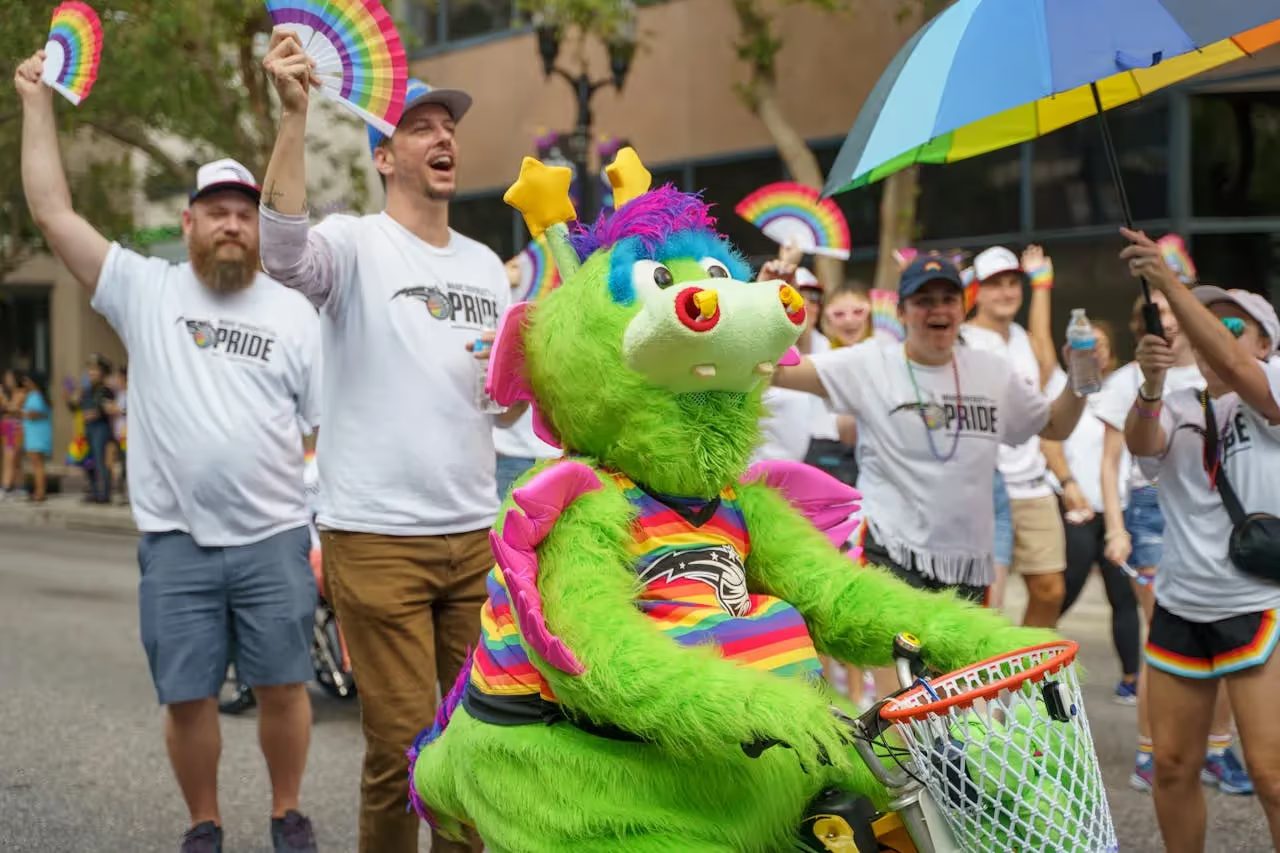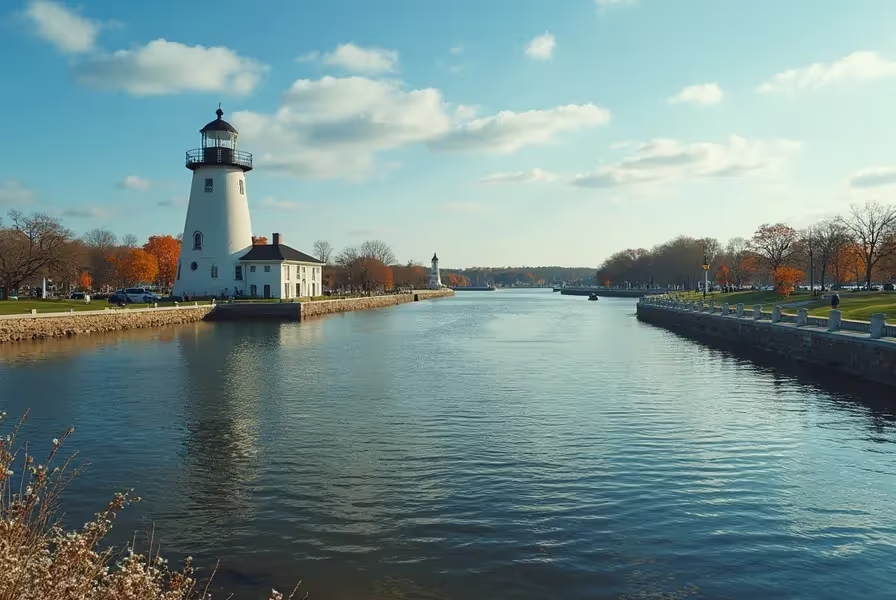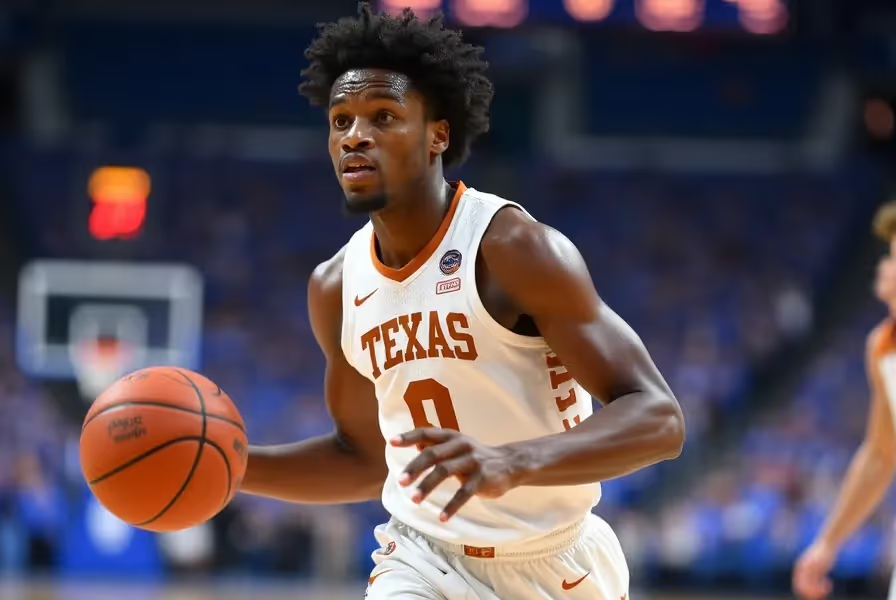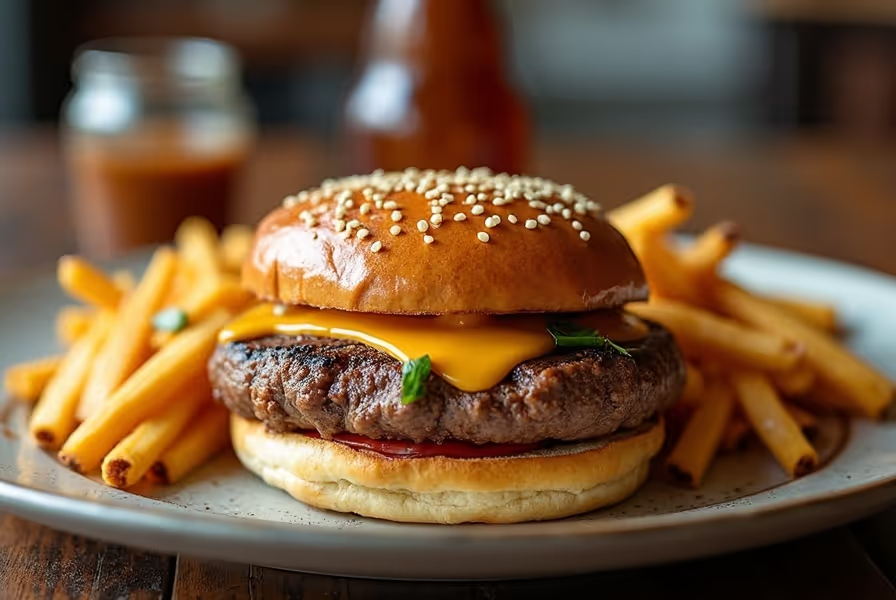Discovering Northalsted: Chicago’s Premier LGBTQ+ Neighborhood
If you're a student exploring Chicago, Boystown — officially known as Northalsted — is a vibrant and welcoming destination. As one of the nation’s oldest officially recognized LGBTQ+ communities, Northalsted offers rich culture, inclusive spaces, and student-friendly experiences just minutes from the heart of the city.
From iconic nightlife to unique shops, Northalsted is a hub where you can learn, connect, and thrive. Whether you’re attending college in Chicago or visiting from nearby, this guide can help you navigate the area with confidence and curiosity.
Where Is Boystown and How Do You Get There?
Boystown, now frequently referred to as Northalsted, is located in the Lakeview neighborhood on Chicago’s North Side. It's situated along North Halsted Street, roughly between Belmont Avenue and Grace Street.
Getting there is easy by public transit:
- Take the CTA Red Line to Belmont Station, a central stop near the heart of Northalsted.
- Use the Brown or Purple CTA lines for nearby stops, including Wellington and Addison.
- Biking is common, and there are Divvy bike stations throughout the area.
Student-Friendly Things to Do in Boystown
Boystown offers a mix of entertainment, community resources, and local attractions perfect for college students and young adults. Whether you're here for a day or a semester, you'll find plenty to explore.
LGBTQ+ Bars and Nightlife for Young Adults
You must be 21 or older to enter bars in Chicago, but you’ll still find options for social experiences before then. For those of age, Northalsted is known for its inclusive and lively nightlife:
- Roscoe’s Tavern – Known for drag shows and themed nights.
- Sidetrack – Spacious and community-oriented, ideal for groups.
- The Chicago Diner – A plant-based diner with a rich history serving both locals and visitors.
LGBTQ+ Events and Festivals
Northalsted hosts well-known annual events that celebrate diversity and pride:
- Chicago Pride Parade (June) – One of the largest pride parades in the country.
- Northalsted Market Days (August) – Outdoor festival with live music, artists, and food vendors.
- Pride Fest – A weekend of performances celebrating LGBTQ+ culture.
Affordable Spots for Students to Eat and Relax
Looking to recharge between classes or after a walk through the city? Here are popular and budget-friendly options:
- The Coffee & Tea Exchange – Perfect for studying or catching up with friends.
- Pick Me Up Café – Late-night bites and vegetarian-friendly.
- Yoberri Café – Frozen yogurt and coffee in a relaxed setting.
Is Northalsted Safe for Students and LGBTQ+ Youth?
Yes, Northalsted is widely regarded as one of the safest and most welcoming neighborhoods for LGBTQ+ individuals in Chicago. Community organizations and local businesses work together to maintain a strong sense of security and belonging.
While no neighborhood is entirely without risk, Northalsted’s visibility and activism make it a place where you can feel supported. Always stay aware, especially at night, and know that most areas have strong foot traffic and helpful community members.
Resources for LGBTQ+ Students in the Area
If you’re a new or visiting student, it’s helpful to know about support services in Northalsted:
- Center on Halsted – The Midwest’s most comprehensive LGBTQ+ community center. Offers youth programs, mental health services, and cultural events.
- Broadway Youth Center – Provides medical and social services for LGBTQ+ youth ages 12–24.
- Howard Brown Health – Health services with a focus on LGBTQ+ communities, including student-friendly support.
Why Students Love Boystown: A Personal Empowerment Experience
Exploring Northalsted can be more than just a day out; it can be affirming and transformative. Many students find a sense of community here, especially those who may not have grown up in welcoming environments.
In Northalsted, you can connect with others who share your experiences. Whether you visit drag shows, volunteer for local non-profits, or march during Pride, you’ll find opportunities to engage and grow.
When Is the Best Time to Visit Northalsted?
While Northalsted is charming year-round, summer is the most vibrant time to explore:
- June to August – Peak event season, great weather, lots of student tourists.
- September to November – Ideal for quieter visits, more local engagement.
- Winter months – Cozy bars and indoor activities, though outdoor events are sparse.
What Should You Wear or Expect When Visiting?
Boystown is a space where self-expression is welcomed and celebrated. You’ll see a wide range of personal styles — from casual to creative.
Dress comfortably depending on the weather. If attending an event or bar, check their dress codes. Some weekend events may have themes or costume suggestions, especially around Pride or themed nights.
Frequently Asked Questions About Boystown for Students
Is Boystown safe for solo visitors?
Yes, solo travel is common and generally safe. Stick to well-lit areas, especially late at night, and be aware of your surroundings like in any city neighborhood.
Can underage students enjoy Northalsted?
Absolutely. Coffee shops, book stores, events, and community centers offer plenty of options for those under 21 to enjoy the neighborhood.
Are there LGBTQ+ bookstores or gift shops in the area?
Yes! Check out Unabridged Bookstore for LGBTQ+ literature, and local gift shops for pride memorabilia and inclusive greeting cards.
How can I get involved in local activism or volunteer work?
Visit Center on Halsted or inquire at local community spaces. They frequently need student volunteers for education, outreach, and event planning.
Final Thoughts: Exploring Identity and Community in Chicago
Boystown/Northalsted is more than an LGBTQ+ neighborhood — it's a place where students from all walks of life can feel seen, heard, and supported. Whether you're there for a weekend or the full school year, it offers unique chances to learn about identity, history, and pride in action.
Take the time to walk its colorful streets, talk to local residents, attend a show, and support inclusive spaces. As a student, these experiences will stay with you long after you've moved on — shaping your perspective, strengthening your empathy, and building lifelong connections.











.svg)



